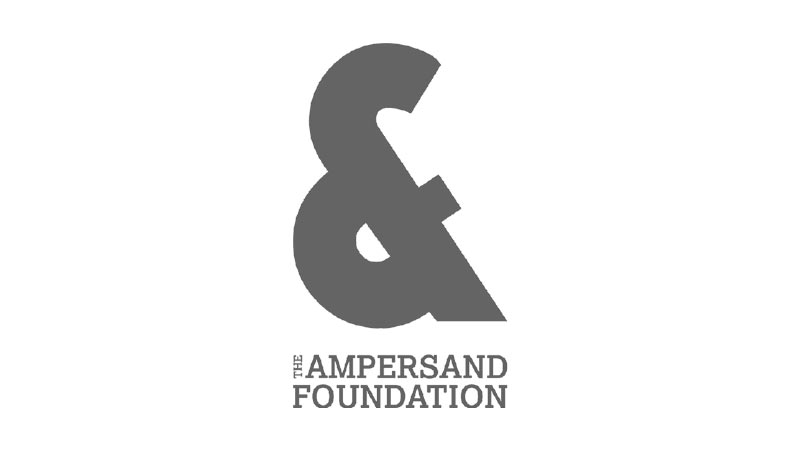Notes
Historic working conditions sometimes seem long ago, but still have a very contemporary feel to them.
The mainly female workers seen to be leaving the Lumière’s factory for photographic equipment have become the performers of this film made in 1895. Said to be the first motion picture ever made, it was filmed and shown just one year after what has become known as the first major strike by women and teenage girls working at the Bryant & May match factory in Bow, London. WW1 and WW2 brought a large number of women into the workforce for war production. Many of them were engaged in heavy and often dangerous work formerly unimaginable for women. The iconic symbol of Rosie the Riveter and her slogan ‘We Can Do It!’ on a wartime poster for Westinghouse Electric in 1943 was to become a symbol for self-empowerment after being re-discovered in the 1980s. What is being called the biggest economic disaster since WW2, the Covid19 pandemic is throwing a spotlight on one of western society’s fundamental structural problems – underpaid female work and the disproportionate loss of women’s jobs because of the crisis.
— ‘Who made my clothes?’ asks a lone young Western woman outside a textile factory in Cambodia. Some of her clothes could have been manufactured in Bangalore, now Bengaluru, in India – here filmed by Prerna Bishop and Rucha Dhayarkar as one result of a series of international workshops given by Harun Farocki (1944 – 2014), a German filmmaker, author, film lecturer and Antje Ehmann, author, curator and video artist based in Berlin. The women leaving the Tootal factory in Manchester in 1953 half a century earlier would have mainly produced the iconic men’s scarves and ties in polka dot and Paisley patterns. Five children from Berlin challenge international fashion brands and are followed by Ruma Akte, who, after the Dhaka garment factory collapse of 2013, became the leader of one of Bangladesh’s newly-registered trade unions. Kyu Kyu Win, union leader, narrates how she was fired for organizing for better working conditions at the Esquire Shoe Factory in Yangon, the largest city of Myanmar, before getting her job back after fellow worker’s protests in solidarity. Evelyn Zalwango, a Ugandan entrepreneur sets an example by implementing a 30 percent quota for female employees in her 2006 founded Awaka furniture company, a traditionally male domain.
The programme ends where it started albeit more than 100 years later and 5700 air miles further east with women leaving a factory of photographic equipment.
Louis Lumière
Exiting the Factory (1895) LUMIERE – La Sortie des Usines a Lyon, 1:49
Source: YouTube
Match Girls’ Strike and the Salvation Army, 6:32
Source: YouTube
Memoir of Mrs Hall, munitions worker, WW1, 4:03
Source: YouTube
Watch a Thousand Rosie the Riveters Set a World Record in Richmond, 2:15
Source: YouTube
Why More Women Have Lost Jobs during the Pandemic
WSJ 3:49
Source: YouTube
Who Made My Clothes
Outside Cambodian Garment Factory, 0:13
Source: Vimeo
Prerna Bishop, Rucha Dhayarkar
Workers Leaving the Textile Factory, 2:35
Source: Vimeo
1953 archive film of workers leaving the Tootal textile factory in Newton Heath, Manchester
Tootal workers – archive film, 3.30
Source: Vimeo
The Child Labour Experiment, 2:09
Source: YouTube
Ruma Akte
Bangladesh: A new voice for garment workers, 3:42
Source: YouTube
Kyu Kyu Win
Getting Ready: Workers unionize in Myanmar, 4:27
Source: Vimeo
Evelyn Zalwango
Sustainable Furniture: Ugandan designer pioneer in furniture business, 2:43
Source: YouTube
Antje Ehmann, Harun Farocki
LE Viet Ha, Workers Leaving the Canon Factory, Hanoi 2013, 1:03
Source: Vimeo
* being open source or obtained from a permitted uploader to either YouTube or Vimeo










